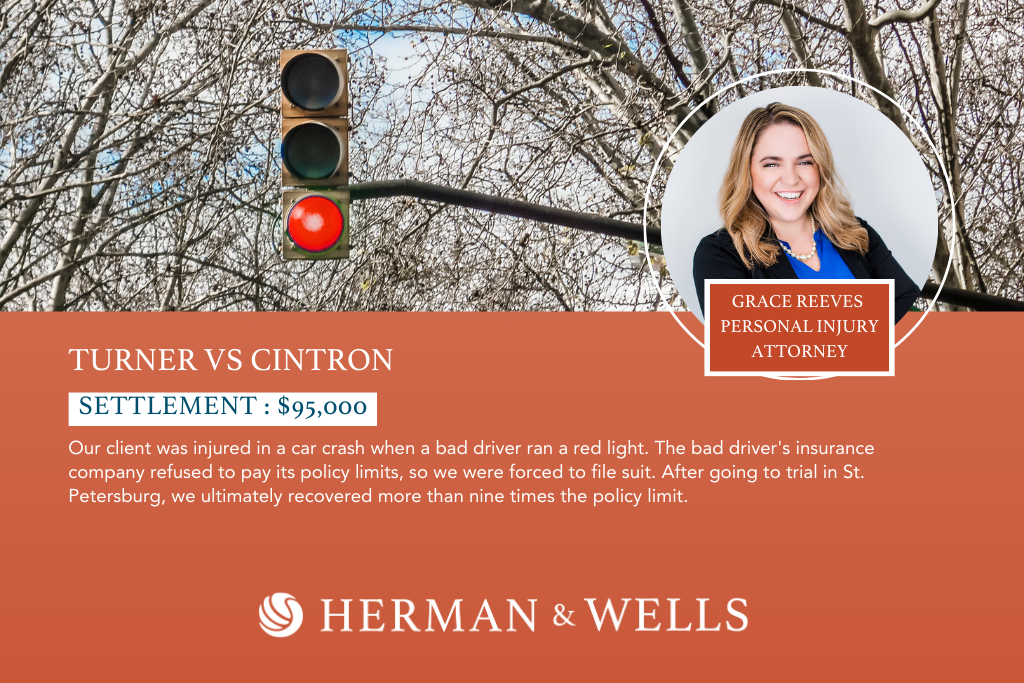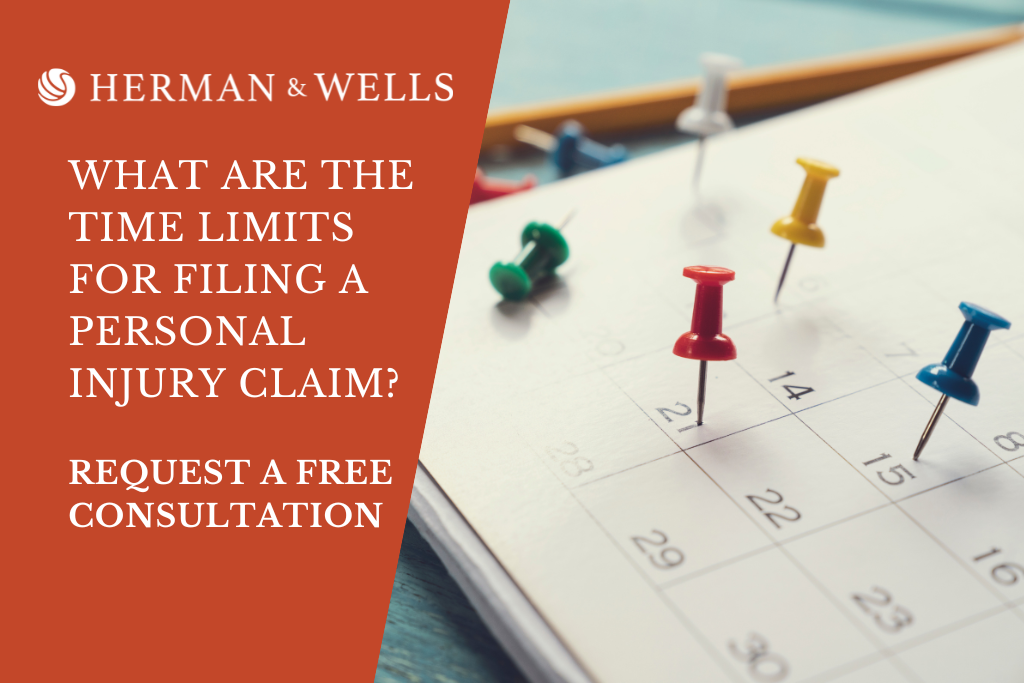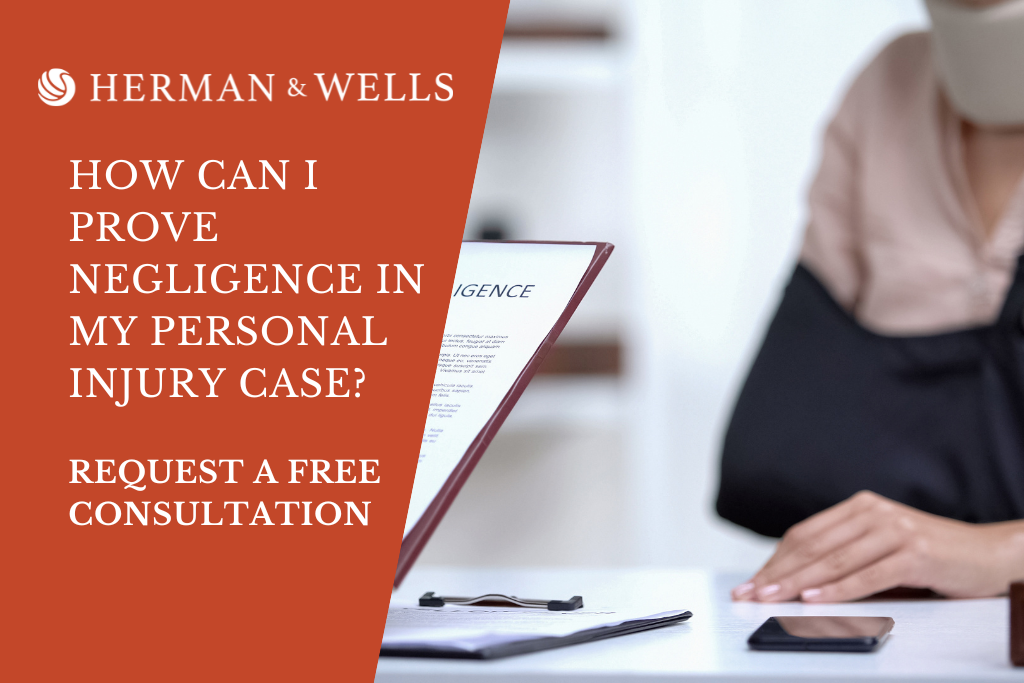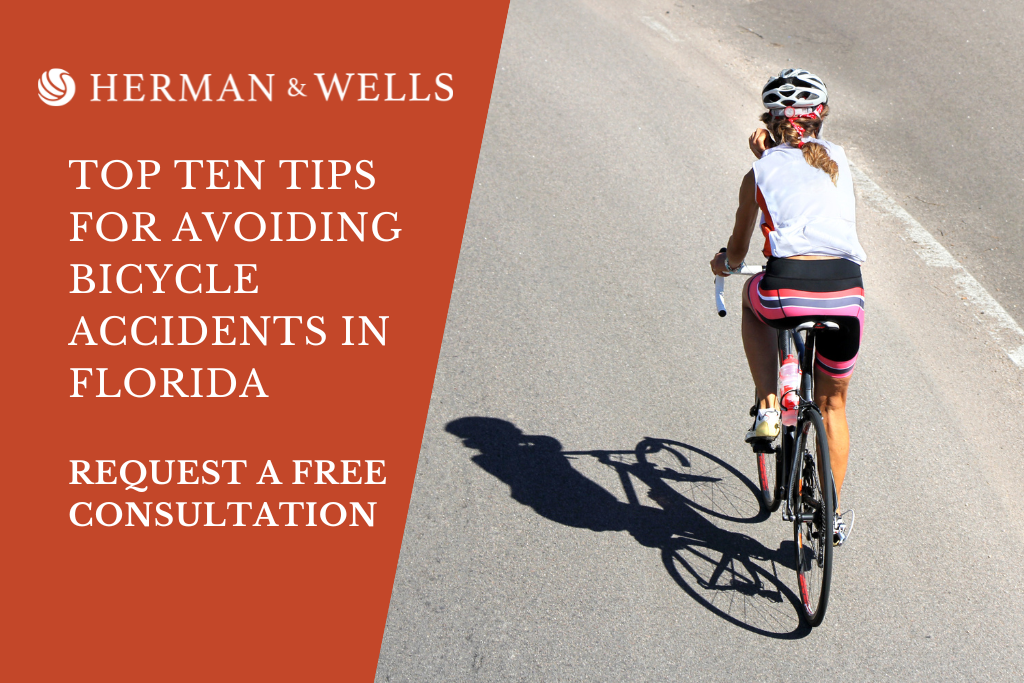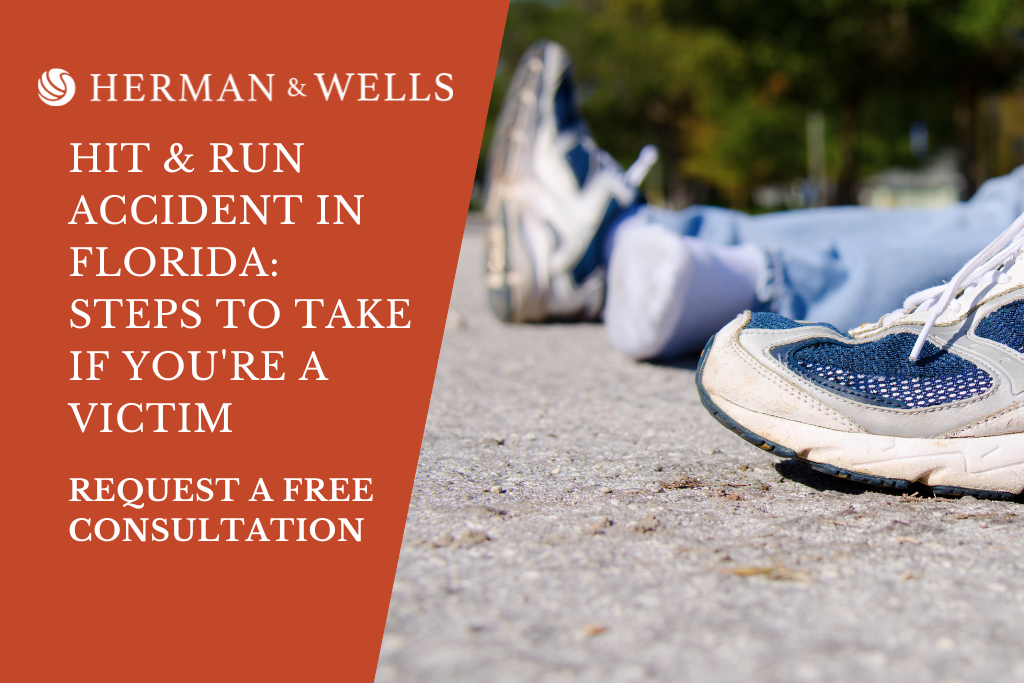Auto accidents in which one party had failed to yield can bring up some unique complications. One of the most common concerns in a failure-to-yield collision is liability. Liability means determining who was at fault for the accident. You may think that whoever got the ticket for failure-to-yield would automatically be at fault, but this is not always the case.

The Cliff Notes: Key Takeaways From This Post
- 1Person got into a car accident due to failure to yield and was ticketed.
- 2Injury claims may be impacted as insurance companies use tickets as ammunition to deny claims.
- 3Surveillance footage and witnesses can help to prove that the other party was at fault.
- 4Common injuries in failure-to-yield accidents include neck, shoulder, back, and head injuries.
- 5Contacting a personal injury attorney such as Herman & Wells can help ensure compensation from the other driver even if you were ticketed.
Here are the two most common failure-to-yield scenarios:
I got a ticket for failure to yield but I didn’t see them/they were speeding.
Imagine that you are on your way home from work, it’s dark and stormy. You turn left on a green light and, all of a sudden, someone slams into you. You had no idea they were there as they didn’t have their lights on. Another alternative is that when someone is coming towards you, it is difficult to judge speed, and we typically presume everyone is going the speed limit. If someone is speeding, you could misjudge the amount of time you have to turn, and get hit.
While either of these scenarios could lead to your getting a ticket, the story is not necessarily over. If you can show that the other person was speeding or does not have their lights on, you still can make a claim against the other driver for causing the crash. As long as you plead nolo contendere (no contest) to the ticket, or are found not guilty, that ticket will probably not be allowed into evidence in a civil trial.
Failure to yield insurance claim disputes
With over a decade of experience practicing personal injury, Herman & Wells has handled numerous claims where this or a similar scenario had occurred. This brings up a variety of issues because the insurance company now has ammunition to claim that you are liable, thereby denying your claim or paying you less than you deserve. The best remedy is to have a witness on your side; however, the “bystander effect” runs rampant in our society and it is not uncommon that no witness will come forward. In this case, know that the situation is not hopeless.
We have also had great luck in finding surveillance videos of nearby businesses which show the actual cause of a crash. If you have been injured in an accident and you were the one ticketed, despite another person being at fault, contact us today. Not just any personal injury attorney is equipped to handle situations like these. Herman & Wells has practiced personal injury exclusively for over a decade. His focus on personal injury gives him more experience than attorneys with more years in the field, but who specialize in something else or take every case they can. This makes him especially qualified to handle cases where liability is an issue.
The other party got a ticket for failure to yield and I’m hurt.
This scenario is much more cut-and-dry. The other party’s insurance company will almost always admit their insured is liable for the accident. Once that determination is made, the fact that it is a failure-to-yield accident has little, if any, impact on the remainder of the case. While the ticket will probably not come into evidence if they plead nolo contendere or are adjudicated not guilty, the ticket is a barometer to determine what witnesses and the scene will show.
Common Injuries in Failure-to-Yield Accidents
While there are a number of scenarios in which failure to yield causes a car or truck collision, the most common is someone turning left in front of another person. Common injuries seen in these types of accidents is an injury to the neck, shoulder, back, and head. Since the impact comes from the side of the car, the person inside impacts their door. This is in contrast to the predominate neck and low back injuries seen from rear end or head on accidents where the body moves backward and forward, over-flexing and extending the spine. Spinal injuries, however, are certainly still common in failure to yield accidents.
In the case of the person who impacted the (usually) at-fault driver, the impact is similar to rear-ending someone. The other driver isn’t traveling very fast in most cases and the impact causes a back and forth motion. This can result in head injury, neck injury, herniated discs, low back pain, and more. Secondary and tertiary impacts can occur if either car loses control and spins out, striking each other again or involving other vehicles. This risk is higher the faster both cars are going.
If you have been injured in a failure-to-yield accident, whether or not you were ticketed, contact personal injury Herman & Wells today for a free evaluation. Just because you got a ticket does not mean you are at fault. You owe us nothing unless we recover for you.
